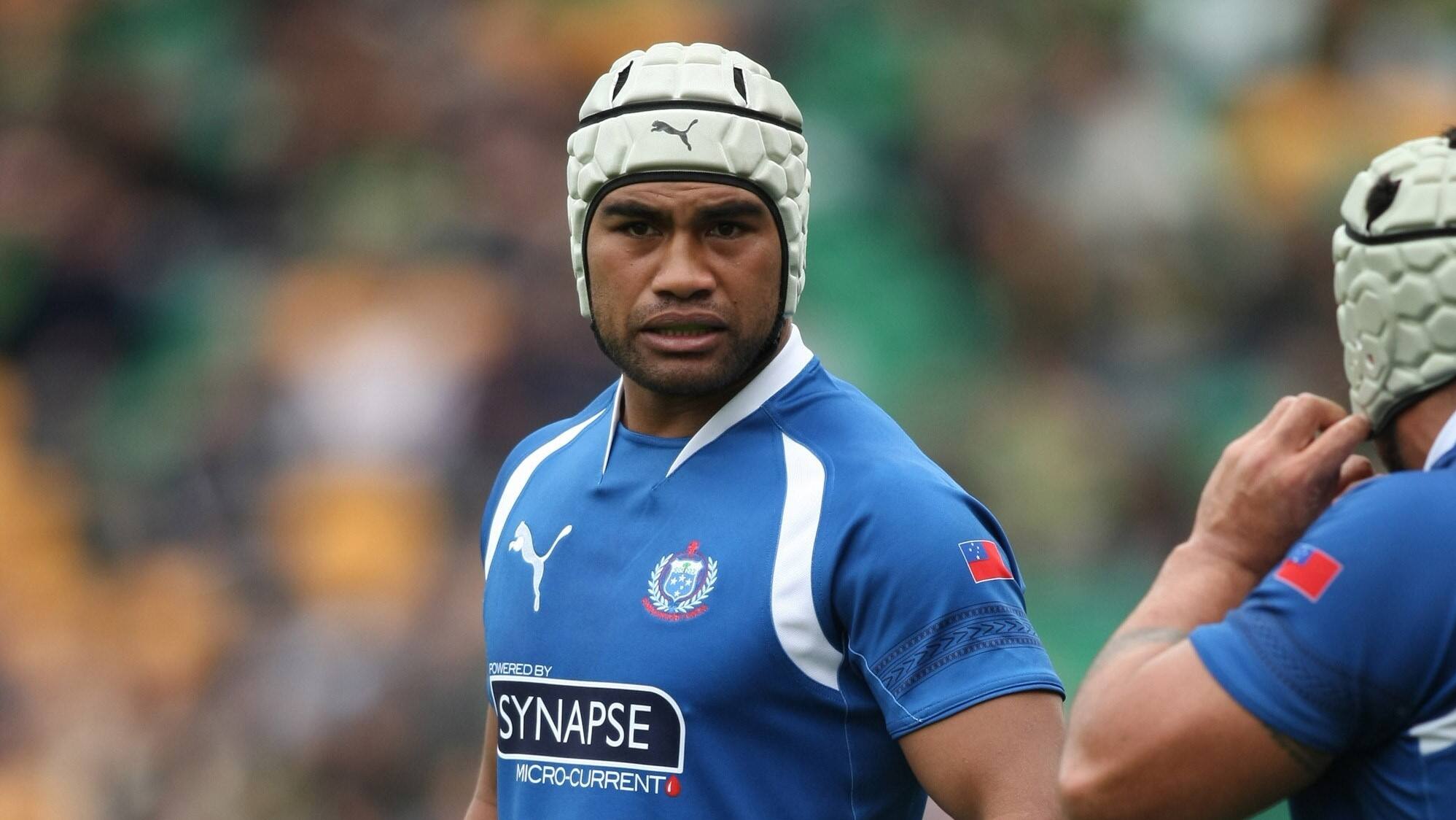Public Interest Journalism funded through NZ On Air
Lefaoali’i Dr Dion Enari gives his take on Pasifika representation on and off the field.
Hate it or love it, there is no denying that sport is part of the “Pasifika” DNA.
The likes of Valerie Adams, Michael Jones, Jonah Lomu, the representation on field for Pasifika sports stars is huge with the amount of talent and success.
With that success also comes the harsh reality that a lot of our sports figures face. The reality which isn’t heard or talked about as much. Racism, hate speech, harassment are just some examples of these triggering issues usually kept in the dark.
All Whites player Michael Boxall was a recent victim of on field racial abuse in the teams recent fixture against Qatar. Boxall, who is of Samoan heritage was verbally abused by a fellow opponent nearing the end of the first half of the match.The incident resulted in the All Whites refusing to take any part in the second half of the match leading to the fixture getting called off.
In response to the incident, Lefaoali’i Dr Dion Enari who is a Sports Leadership and Management lecturer at AUT says that racism is nothing new in sport.
“We still see it today. I am not surprised at all to be honest. Even here in New Zealand, racism is something that is always hindering the sports scene from the developing to professional stage.”
Lefaoali’i also adds that racism is something that stems from the top to the bottom. A “systemic issue” as he described it. He also believes that players reflect the actions and words that they hear in the surroundings of the organisations and franchises they are affiliated with.
These actions were on display by the All Whites team and management, who in solidarity came together to stand by Boxall after being a target to racial abuse. Lefaoali’i added that it was a “proud moment” seeing the organisation get behind Boxall in full support.
“The fact that they came collectively as a team sends a very strong message to the soccer world and the rest of the world in general. They are ambassadors of New Zealand and have shown a great example for our country”.
“We should never underestimate the power of the collective or the community. Especially the churches, organisations and families we all belong to”.
An important collective in sports are the fans and supporters. They bring a different level to the atmosphere of any sports fixture. However in recent times, fans have been at the helm of racism, verbal abuse and harassment towards players.
An example that springs to mind involves controversial NRL star Jarome Luai. The Toa Samoa playmaker found himself in hot water recently after game 2 of the infamous State of Origin.
After succumbing to a second straight loss to the Queensland Maroons, Luai uploaded on his Instagram story a post that seems to have targeted fans. NSW Head coach Brad Fitler later addressed the issue saying that the post was a result of “death threats” sent to Luai from people on social media.
The incident prompted different reactions across the sporting world, with some labelling it as a “childish” act from the 26 year old. Lefaoali’i however applauded Luai’s actions as “courageous’ ‘.
“What type of reaction were they expecting from him?” Lefaoali’i said.
“People think that they can say things towards players and not expect them to take a stand for themselves. If you are going to say something don’t act surprised when they retaliate”.
“With the increase of social media pages, people are now saying things behind a platform or screen, without being up front about it”.
Just like the All Whites incident, Lefaoali’i also believes that Luai should be backed by their sporting clubs in response to the verbal and online abuse they receive. Players should be normalised to “take a stand” for where they feel is right and necessary.
“Clubs and franchises need to enforce social media/online support for their players. There are changes being implemented, but there is still more to be done”.
Although there is progress shown in supporting and aiding our Pasifika athletes, Lefaoali’i understands that there is more to be done.
“We as a Pacific community can break these barriers we face. Our Pacific and indigenous people need to be highly represented not only on field but also off field. If we have more of our people in these executive roles it strengthens our voice as a community being heard in these spaces”











